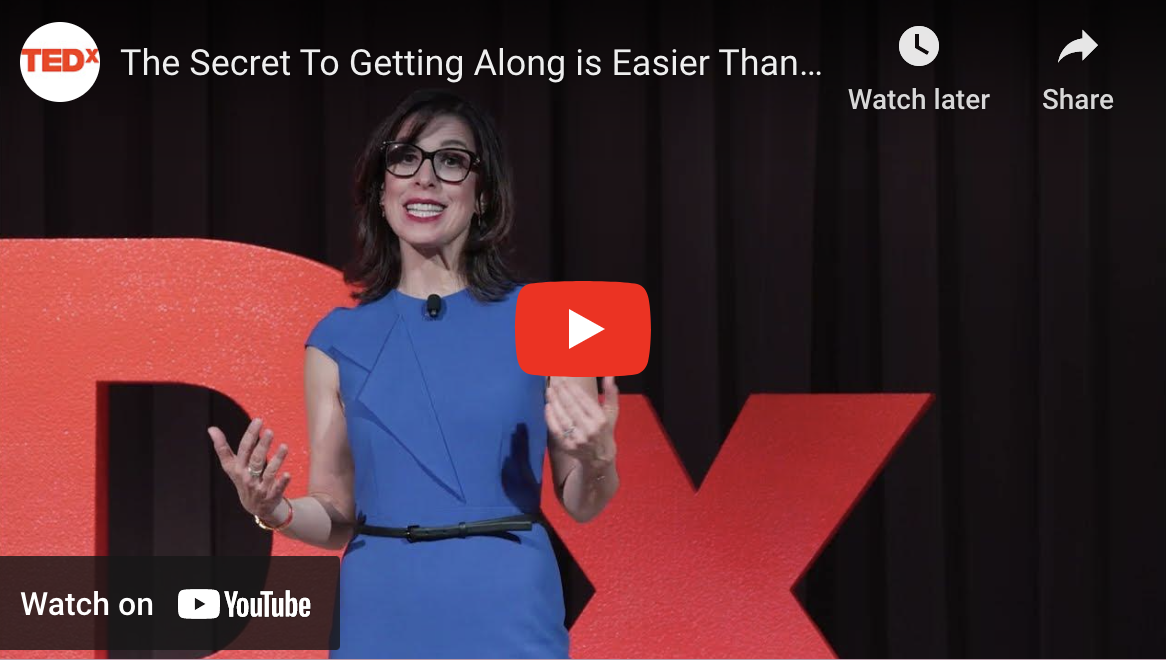Divorce can be devastating – the process of going through it, the events that led up to it.
It is hard on the children, hard on your wallet, hard on your heart. But believe me, there will be a time when it is over, a time when you will be able to care for yourself the way you need to, and consider what you want to do next. One of the keys to that, of course, is being on a solid financial footing, so that you can not just survive, but thrive. Step one is clarity on your finances when your divorce settlement negotiations begin.
Finances are very foundational. They are literally a support under our feet that allow us to stand and function in the world. So how do you survive and even thrive financially after a divorce?
First, negotiate a good settlement
Divorce settlement negotiations can be stressful. Especially if you are the lower-earning partner – and many women are – the settlement that you negotiate will affect your life for years to come. In order to negotiate well, it is critical that you understand your own and the community finances down to the penny. How to do this is not always obvious. Most of us are not taught about personal finances, and it can be confusing even to know exactly what it is that you need to do.
Understanding your own finances
Luckily, the basic steps for this are part of what is required in the divorce process, so the good news of sorts is that you will be needing to compile this information anyway! As you collect the numbers for your Income and Expense Declaration, make a separate chart for yourself. Put your (household) income on one side. Then list and total the household expenses on the other side (don’t forget to include taxes and savings.) Now you can compare the income to the outgo, and start to see how much income you will need for your new life. Once you have a handle on your current numbers, then make a third column and call it “Post-divorce”. In this one, put down your best guess for what the new numbers will be for each of the expenses when you are on your own. Total it up to see how much you will need. It is very important to write this down on paper – don’t try to do it in your head. Part of negotiating a good settlement involves the exercise of putting it all down , and this will start to get the wheels turning in your head about how to make things work out.
The Income and Expense form is basically a budget – it lets you know how much it costs to live your life. In addition to a budget, you also need to understand your assets. The assets are “what you have” – a combination of savings, retirement accounts and any property. In the long run, these are going to be what supports you through retirement. So on the other side of your piece of paper, list and total up the balances of all checking, savings, investment and retirement accounts, including any plans through work. Separately, list the value of your real estate. If either of you has a pension, make a note of that.
These two exercises will help you do two things: firstly, understand how much income you will need (earned and/or support) in order to support yourself after divorce. This will help keep you grounded in reality while you’re working at your settlement negotiations. And secondly, understand how much the community property is, so that you know how much to negotiate for as your share.
Certainly your attorney will help you work with all of this, but it is really important that you understand clearly what your needs are, and what the resources available to you are.

Finances after divorce
After you have negotiated a good settlement, skip to the time when you are finally on your own. Congratulations! Now it is time to put your own life together!
First, the budget. I know that this is a drag, and I know that after a long, drawn-out process you will be wanting a break. But take care of yourself by taking care of your finances. When you were getting your divorce, your budget helped you understand your situation. Now, it becomes your plan. Draw it up and let it help you understand where you can live, how much you need to earn, and generally how you want to live your life. How do your savings look compared to how many years you have left before retirement? Do you need to keep them in savings, or can you afford to use some of them to buy a house or help you get settled? Would you rather work more to earn more and spend more, or is it more important to you to have time free for yourself and your children, so that you choose to live in a cheaper place and keep your expenses low? As you look over the numbers (again written down), you can use them to envision the life ahead for yourself.
Start learning about personal finance. There are plenty of good blogs and articles out there. Particularly as you accumulate your savings for retirement, it is good to learn the basics of investing. A good way to do this is to sign up for a monthly magazine – it will show up regularly and remind you to sit down and read a few articles about finance. You don’t need to learn everything in one gulp, but keep doing it regularly.
Give yourself a “money hour”. This is a time every week or every two weeks when you take an hour to work on your finances. Finance is like exercise – it only works if you actually do it. So put it on your calendar, sit down for an hour, and do whatever needs doing that week – you could pay your bills, fill out any of the endless forms that always seem to be around, track your spending, and so on.
There is no magic bullet for finances unfortunately, but the good news is that your relationship with money is like any other relationship – it will improve if you give it consistent time and attention. So commit to your finances. If you are stuck or uncertain, keep reading, keep working, or get some help. Try not to beat yourself up – it’s easy to think that you are the only one having trouble, but take it from me, that’s not the case! This is difficult for everyone. I have been in your place – I have been divorced (twice!) and landed on my feet, and so can you.

Linda is an Accredited Financial Counselor (AFC®). She has B.Sc. and M.Sc. degrees from MIT, and has completed 40 hours of training in Divorce Mediation. From 2006 to 2015, she studied individual and group counseling methods with Doug and Naomi Moseley, teachers, counselors and authors of three books on relationship. Linda lives in California with her husband, and has three grown sons.


FOLLOW GABRIELLE

DISCLAIMER: The commentary, advice, and opinions from Gabrielle Hartley are for informational purposes only and not for the purpose of providing legal advice or mental health services. You should contact an attorney and/or mental health professional in your state to obtain advice with respect to any particular issue or problem.
- One Edgewater Plaza Suite 304, Staten Island, NY 10305
- 266 Smith Street, Brooklyn, NY 11231
Northampton MA
PHONE:
New York: (917) 905-4553
Boston: (413) 450-0420


